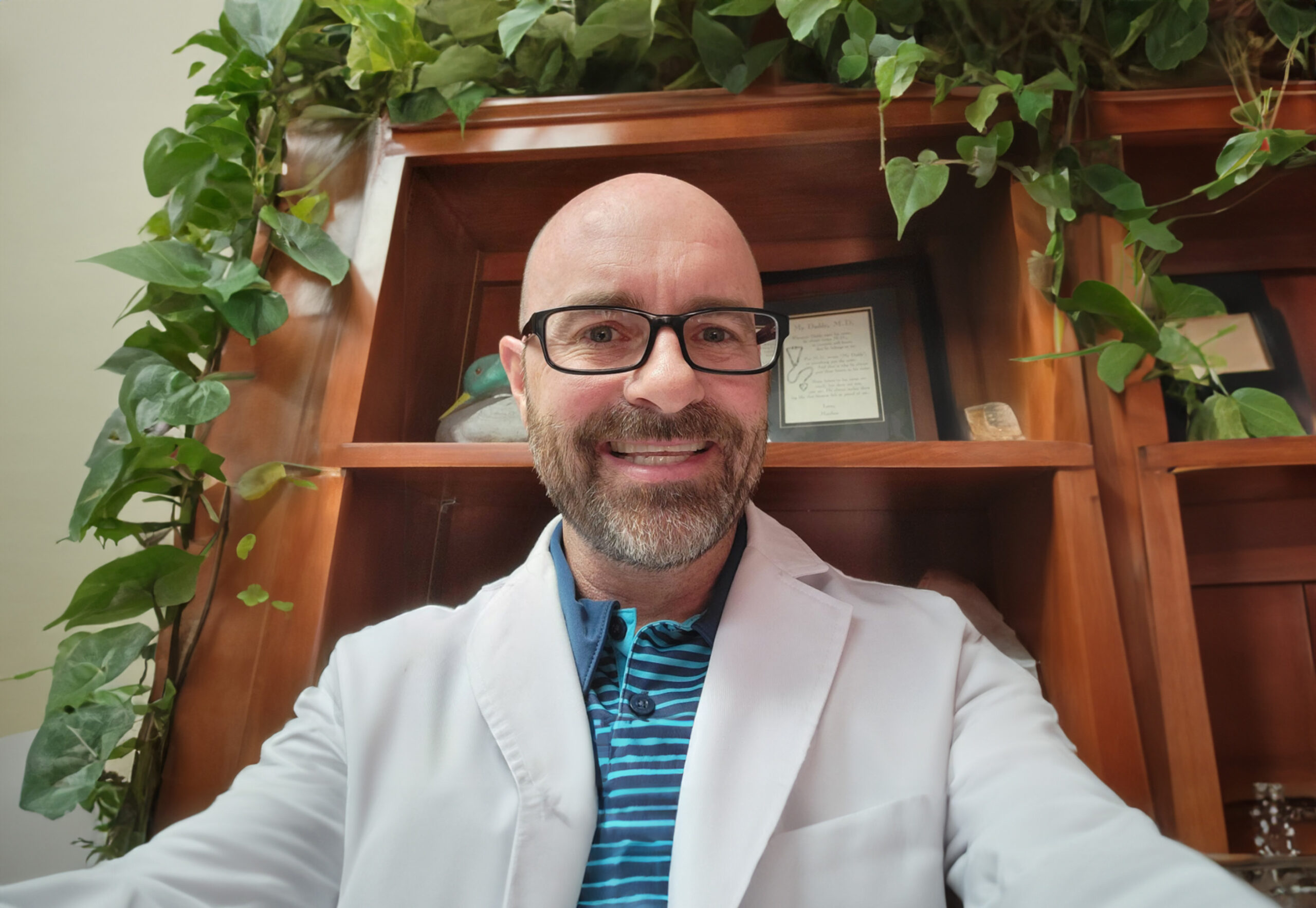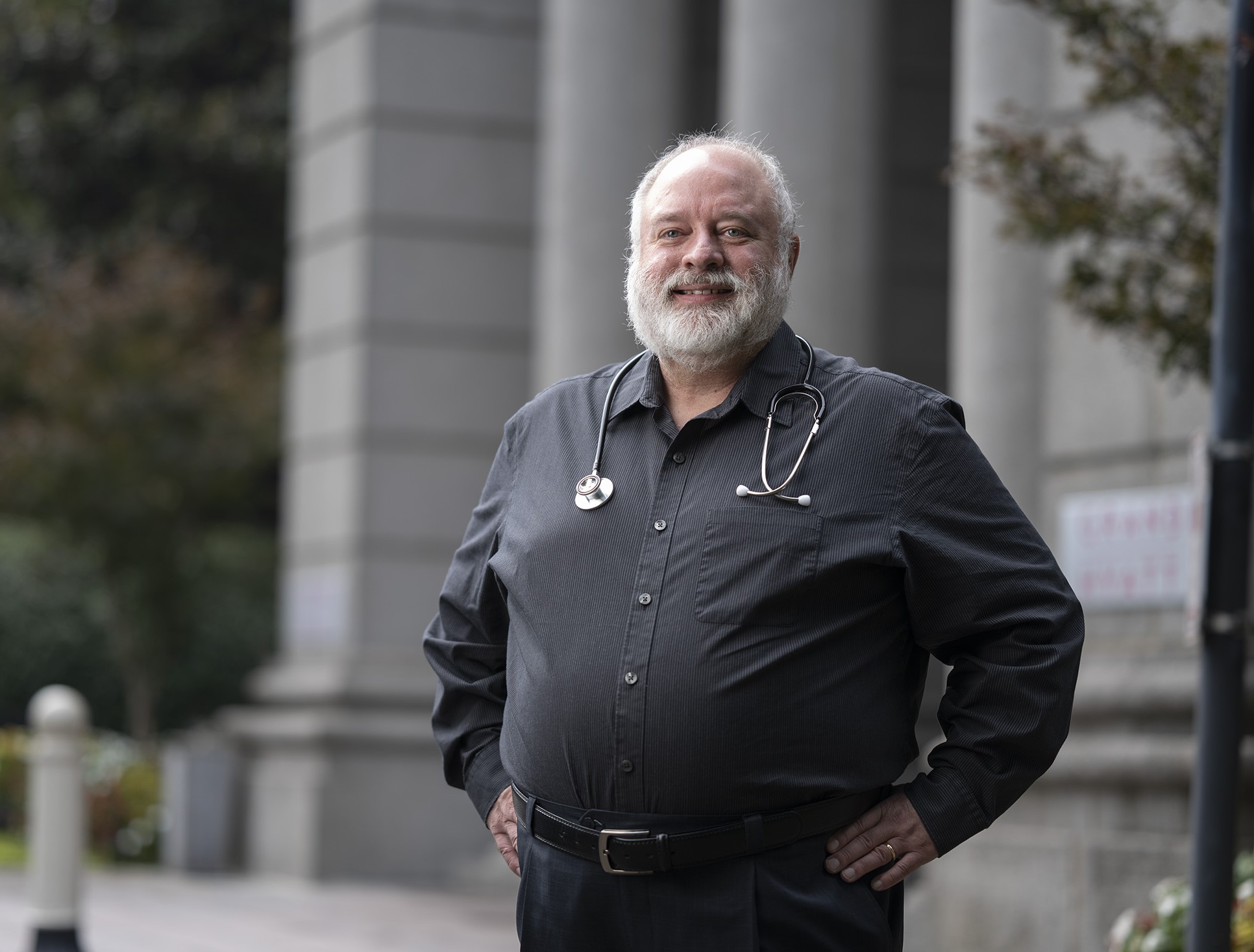According to a study cited by the National Institutes of Health, the typical doctor’s appointment lasts only about 17.4 minutes on average, with the median time being even less, 15.7 minutes. Patients and doctors each speak for roughly 5.3 and 5.2 minutes, respectively, with almost a minute of silence between exchanges. As a healthcare professional, this likely sounds familiar.
In health care, time is more than just minutes and hours; it’s an essential factor in determining the quality and success of the patient-physician relationship. The duration and quality of interactions between a patient and their physician often play a pivotal role in shaping overall health outcomes. Yet, in today’s fast-paced fee-for-service (FFS) medical environment, appointments often feel rushed, creating a challenge for effective communication and shared decision-making.
Value-based care (VBC) is providing a transformative solution. agilon’s full-risk, Total Care Model refocuses the lens from sheer patient volume to quality. It grants physicians the latitude to spend more in-depth, quality time with their senior patients, facilitating enhanced care. The moments a provider spends with a patient, not just treating their symptoms but understanding their concerns, can make a huge difference and lead to better outcomes.
Why Are Doctors Spending Less Time With Patients?
Doctors today face a multifaceted challenge when it comes to spending quality time with their patients. The traditional FFS system, driven by financial pressures, tends to prioritize the number of patients seen over the depth of each visit, resulting in hurried appointments. This problem is further exacerbated by tight schedules and high patient loads.
Administrative duties have also expanded in scope, consuming significant chunks of a physician’s working hours. Astonishingly, a 2021 study revealed that doctors spent an average of 15.6 hours per week solely on paperwork and related administrative tasks. This shift toward bureaucracy not only dilutes patient-focused care but also heightens physician dissatisfaction and increases the risk of professional burnout.
The agilon Total Care Model addresses these issues by focusing on quality outcomes and care coordination. By streamlining administrative processes and emphasizing collaboration among care teams, the VBC model reduces administrative burdens and allows physicians to focus more on patient care.
Why Is It Important to Spend More Time With Patients?
Spending more time with patients isn’t just a nicety; it’s a necessity for quality care. The VBC model stands in contrast to the traditional FFS model, emphasizing patient outcomes over mere service counts. Within VBC, additional time spent with patients often results in richer patient information, improved treatment adherence, and better health outcomes. As the saying goes, “Quality over quantity.”
In this video, our physician partner Dr. Victoria DiGennaro from Pioneer Physicians Network discusses how partnering with agilon has enabled her to dedicate more quality time to patients, resulting in better care.
Establishing Trust and Comfort
When physicians invest time in their interactions, it manifests as genuine care and interest, foundational elements for establishing trust. Building such trust is instrumental for patient satisfaction, influencing people’s willingness to adhere to treatments and actively participate in their health journey.
The ripple effect of a trust-filled relationship is profound: It amplifies the overall patient experience. Providers who genuinely listen, empathize with concerns, clarify complex medical jargon, and involve patients in decision-making are best positioned to align care with patients’ needs and desires. Furthermore, by ensuring seamless care coordination with specialists, these providers champion a continuous and consistent care journey, raising the bar for health care delivery across the board.
Gaining Comprehensive Patient Insights
Spending quality time enables physicians to dive deeper into the medical histories, symptoms, and concerns of their senior patients. This depth facilitates a holistic understanding of patients, crucial for accurate diagnoses and tailored treatment plans. agilon’s advanced data analytics capabilities empower physicians with real-time insights, optimizing patient-specific treatment. For instance, by analyzing a patient’s past medical history in conjunction with current lifestyle factors, agilon’s tools can help the physician predict potential health risks and guide preventive care.
Facilitating Effective Communication
Time is a critical ingredient for unhindered communication. It allows physicians to explain medical conditions, treatments, and potential risks more clearly, ensuring patients are well-informed. Such clarity breeds understanding, encouraging patients to engage more actively in their health care decisions and follow prescribed treatments with greater commitment.
“If a person feels they are respected, understood, and listened to, they will always be on your side and willing to follow your advice. That’s one of the many benefits of practicing value-based care. It empowers me to give my patients the time and attention they need and deserve,” Dr. Natalie Williams, an agilon health physician partner, explains.
Enhancing Shared Decision-Making
Spending more time with patients also allows for more shared decision-making. This collaborative approach enables patients and physicians to engage in in-depth discussions about available treatment options, meticulously evaluating the potential risks and benefits associated with each. Through these unhurried, transparent conversations, medical decisions are crafted to reflect the patient’s unique values, preferences, and circumstances. Such tailored decision-making doesn’t just lead to heightened patient satisfaction – it often paves the way for more effective, holistic treatment outcomes, creating an experience where the patient truly feels seen, heard, and understood.
Value-Based Care: Creating More Time by Shifting the Focus to Outcomes
Value-based care represents a major shift in healthcare, moving the spotlight from merely counting the minutes of patient interactions to valuing the positive health outcomes those interactions yield. While the duration of appointments remains integral to patient care, the VBC model prizes measurable enhancements in patient well-being above all else.
The agilon Total Care Model champions this approach by centering on:
- Continuity of Care: Ensuring seamless, ongoing interactions between the patient and health care providers.
- Health Maintenance: Proactively preserving and enhancing the patient’s health over the long term.
- Early Detection: Prioritizing the timely identification of potential health issues before they escalate.
Such a patient-centric approach not only fortifies the bond between patients and physicians but also instills a collective motivation to pursue optimal health outcomes. The result? Each medical encounter has the potential to become more impactful, resonating with purpose and promise.
“In the new arrangements under value-based care that completely changes the landscape, where instead of me having to pay attention to the number, to the volume, I can actually take better care of patients by taking my time, by spending those moments that are specifically important when patients are sick, when patients are complicated, when families need help,” Dr. Stephen Buksh, an agilon health physician partner, explains.
Partner With agilon to Improve Your Patient Relationships
Time, trust, and effective communication form the triad of a successful patient-physician relationship. As we’ve explored, the emphasis on shared decision-making, comprehensive patient insights, and fostering trust can transform care experiences. agilon health is reimagining care, empowering physicians to optimize their patient relationships. If you’re looking to reshape and enhance your patient interactions, learn more about agilon health and embark on a journey toward superior health outcomes.
Contact for media enquiries
[email protected]Up Next.

Blog Oct 02, 2023
Empowered PCP: Dr. Michael Morris on Improving Outcomes for High-Risk Senior Patients Using the agilon Total Care Model
Learn how Dr. Morris delivers high-impact care for better patient outcomes.




